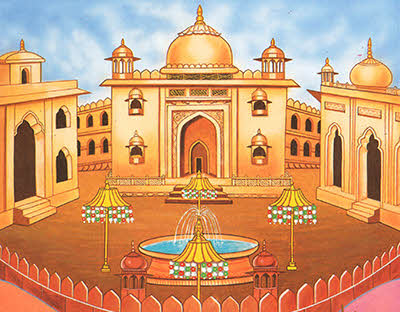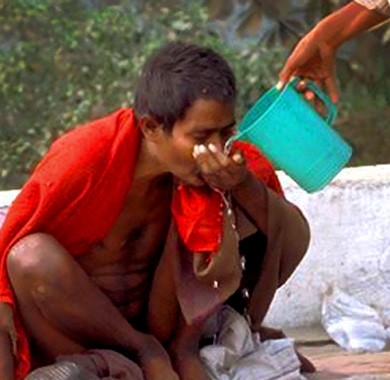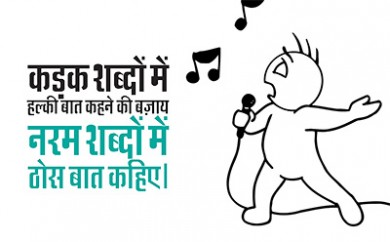Vaktuṁ guṇān guṇasamudra! Śaśāṅkakāntān
Kastē kṣamaḥ suraguru – pratimōpi bud’dhayā ?
Kalpāntakāla – pavanōd’dhata – nakracakraṁ
Kō vā tarītumalamambunidhiṁ bhujābhyām ? ||4||
Bhaktamar Stotra – Shloka 4
Love for praise
Do not be attached to the charming words pleasing to ears
Wallpaper #1
Clearing of the Karma dust
Clear the karma-dust accumulated in the past
Manaḍuṁ kimahī na bājē
Śrī Kunthunātha Jina Stavana
Kunthujina! Manaḍuṁ kimahī na bājē,
Hō kunthujina! Manaḍuṁ kimahī na bājē;
Jima jima jatana karīnē rākhuṁ,
tima tima alaguṁ bhājē hō.
In this life only
इहलोगे सुहफल विवाग संजुत्ता भवन्ति
In this world, good deeds done here, yield good results here only
Description of Vaitadhya

Taking their families and all their retinue and ascending the best of cars, they went to Vaitadhya. They landed on Mt. Vaitadhya which is kissed by the mass of waves of the Lavana Ocean at its borders, placed like a measuring-rod between the east and west quarters; a boundary between the northern and southern parts of Bharata, fifty yojanas wide north and south; buried six and a quarter yojanas in the earth, twenty-five yojanas high; embraced on all sides by the Gangas and Sindhu rivers as if by Mt. Hima with arms stretched out from afar; possessing caves named Khandaprapata and Tamisra that were like houses of pleasure and rest of the Sris of the two halves of Bharata; Continue reading “Description of Vaitadhya” »
Benefits of Self-study
Knowledge-covering karma is annihilated by self-study
Tumhare haath se doob jaun to bhi ubar jaun
Sorry, this entry is only available in हिंदी.



















